- Dock operating principle
- Dock configuration
- Geometry
- Environmental conditions
- Boundary conditions
- Construction method
- Presence of waves/ice
- Construction material
- Sealing configuration on the gate
Conceptual Design
Basic Design
Detailed Design
Project Supervision
Project Documentation
Procurement process
Procurement process
Fabrication process
Transportation
Dry dock gates come in various configurations, dimensions and operating principles. Every dry dock gate is unique in its way, therefore an engineered seal is required to ensure a drop tight sealing solution. When the sealing is not tailer made for its application, leakage will be the result. Leakage requires auxiliary pumps. Engineered dry dock gates have the benefit of faster dry dock emptying cycle, no need of auxiliary pumps or expensive and high maintenance precompression enhancers.
The following parameters have influence on the sealing design:
Dry Dock sealing challenges
Depending on the dry dock design, it often consists of different to be sealed elements, think of:


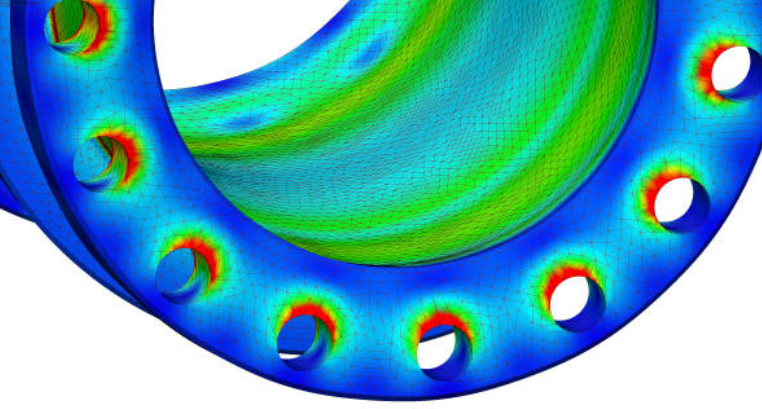
There are different types of dry dock gates. With each type of gate having a different configuration, geometry, closure mechansim, movements, closure path, load distributions and thereby requiring different sealing techniques.
The radial dry dock gate is closing the dry dock by rotating into 3 possible positions, open, close and maintenance position. Due to the allowance of this radial movement often one requires a combination of bottom sealing and vertical sealings ensuring watertightness of the gate.
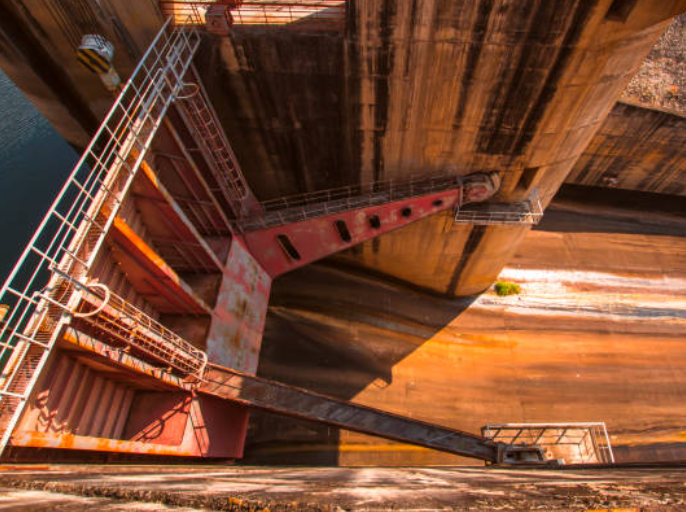
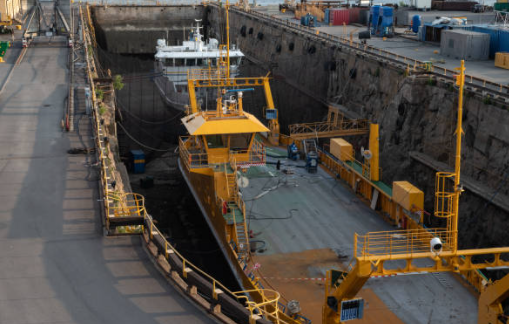
The Sliding Dry Dock gate is opening and closing by a sliding movement in the front of the dry dock. Depending on the location and configuration of the sealing method, the sealing has to be designed to cope with high compression loads, shear loads and relatively high friction forces working on the seals.
The Miter Dry Dock Gates, consists of two gates, which are opening and closing from a fixed rotation position and closing off in a triangular configuration. The sealing mechanism can be based on different sealing principles, depending on the configuration and the load distribution on the sealings.
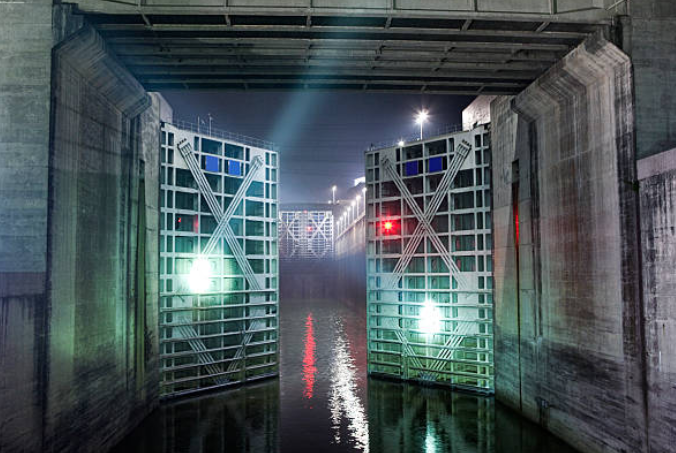
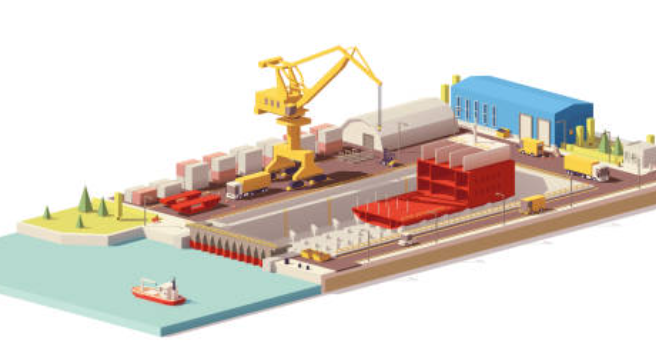
The Floating Caisson Dry Dock Gate is basically a floating caisson, which can be operated by inserting water into the caisson and towing it to the desired position. Depending on the geometry of the gate it is produced from steel or concrete. The floating caisson dry dock gate can be in the magnitude of tens of meters or even a few hundreds of meter long. The sealing mechanism depends on the dry dock front structure, the operation principle and the gate design.
The Self Propelled Dry Dock Gate has the same working principle as the Floating Caisson Dry Dock Gates. The Self Propelled Dry Dock Gates are often relativeley smaller in dimensions. These type of gates have an integrated propelling system.


The modular dry dock gates, consists of different steel sections forming the dry dock gate. The sealing system of the modular system must fit accurately on the different steel sections, forming a continuously sealing line. These sealing designs requires, experience and through engineering.
Contact us to assist you in your engineered sealing challenges.

Engineered Sealing Solutions for constructional interfaces. No sealing Challenge is us to big.